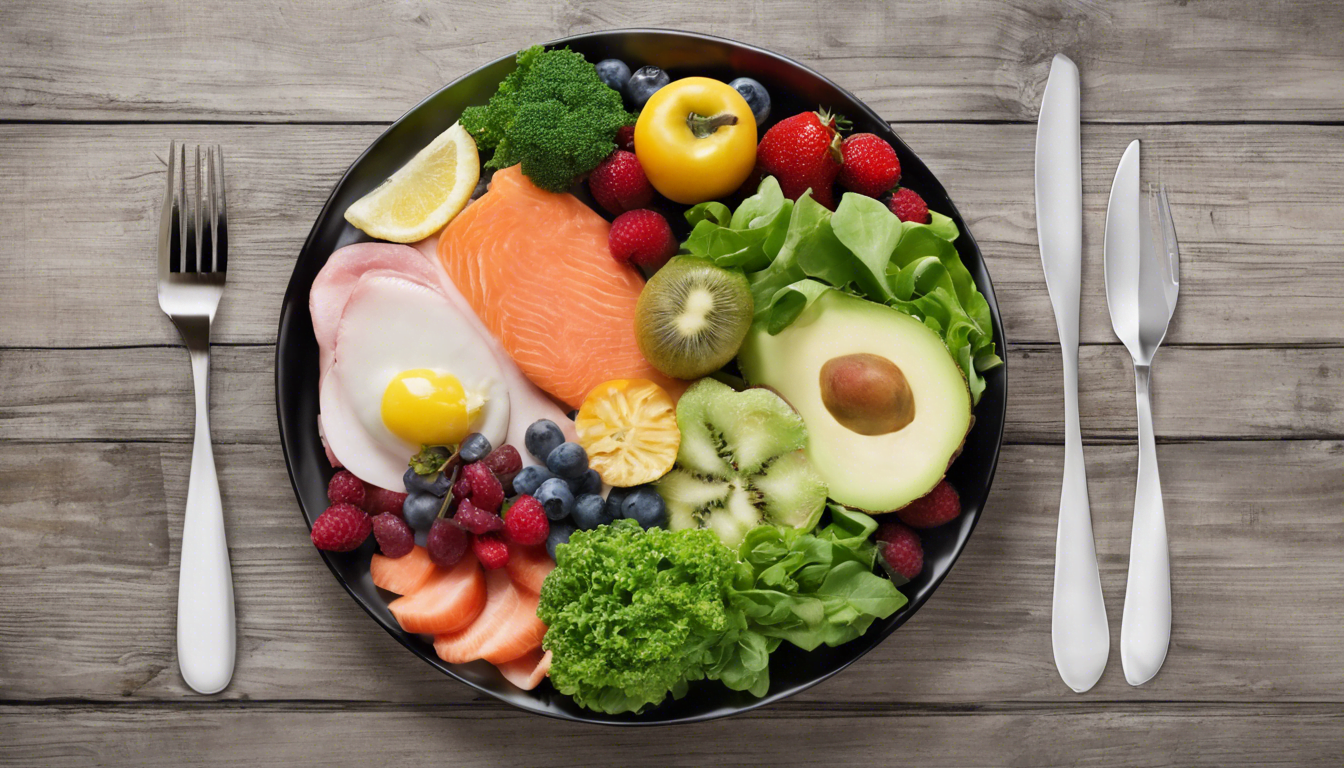In our quest for a healthier lifestyle, navigating the vast sea of nutrition tips can be overwhelming. From deciphering the latest diet trends to understanding the building blocks of a balanced meal, better nutrition stands as a pillar for achieving our wellness goals. It’s not just about losing weight or building muscle; it’s about fueling our bodies with the right nutrients to enhance overall health and well-being. That’s why we’ve distilled the best nutrition tips into a concise guide, aiming to demystify the essentials of a nutritious diet and how it can significantly impact your life.
As we delve into the specifics, we’ll explore the importance of emphasizing whole grains, fruits, and vegetables, incorporating essential nutrients into your daily regimen, and understanding the role of healthy fats while reducing sugar intake. Additionally, we’ll provide practical advice for maintaining a balanced diet, ensuring you’re equipped with the knowledge to make informed choices. Whether you’re looking to revamp your eating habits or simply refine your dietary plan, our collection of nutritional tips serves as a roadmap towards a healthier, more vibrant lifestyle.
Emphasizing Whole Grains, Fruits, and Vegetables
Benefits of Whole Grains
Whole grains are essential for managing cholesterol, weight, and blood pressure, significantly lowering the risk of diseases such as diabetes and heart disease. They are packed with vital nutrients including various B vitamins, Vitamin E, iron, magnesium, and selenium. Regular consumption of whole grains can reduce the risk of heart disease, the leading cause of death globally, and support healthy digestion by promoting beneficial gut bacteria.
Choosing a Variety of Fruits
Incorporating a diverse range of fruits into your diet provides essential vitamins, minerals, and antioxidants, which boost overall health and reduce the risk of chronic diseases like heart disease and diabetes. Berries, for example, offer high levels of antioxidants and have been shown to support liver function, strengthen the immune system, and lower the risk of cancer. Eating a variety of fruits ensures you receive a spectrum of beneficial phytonutrients and antioxidants.
Incorporating Vegetables into Meals
Vegetables are rich in nutrients and low in calories, making them ideal for weight management and health promotion. They can be easily added to meals in various forms such as pureed soups, veggie-based sauces, or simply increasing their presence in traditional dishes like casseroles and omelets. Innovative methods like using vegetables as pizza crusts or pasta replacements not only enhance nutritional content but also add variety to your diet.
Incorporating Essential Nutrients
Adding Fiber to Your Diet
We can enhance our digestive health and lower the risk of diseases by incorporating more fiber from fruits, vegetables, whole grains, and legumes into our meals. Foods rich in soluble fiber, like oats and beans, help reduce cholesterol levels, while insoluble fiber from vegetables and whole grains promotes regular bowel movements.
Boosting Calcium and Vitamin D
To maintain strong bones and prevent conditions like osteoporosis, it’s crucial to ensure adequate intake of calcium and vitamin D. Dairy products, fortified foods, and certain fish are excellent sources of calcium, while vitamin D can be absorbed through sunlight, certain foods, and supplements. Regular consumption of these nutrients supports bone health and reduces the risk of fractures.
Increasing Potassium Intake
Potassium is vital for heart health and muscle function. A diet rich in fruits, vegetables, beans, and fish ensures we meet our daily potassium needs, which helps manage blood pressure and supports cellular functions. Incorporating foods like sweet potatoes, spinach, and bananas into our diet can significantly boost our potassium intake.
Healthy Fats and Reducing Sugar
Benefits of Healthy Fats
Healthy fats, such as monounsaturated and polyunsaturated fats, are crucial for lowering the risk of heart disease, improving cholesterol levels, and aiding in blood sugar control. These fats help in reducing inflammation and supporting gut health, which is vital for nutrient absorption and immune function. Sources include walnuts, flax seeds, fatty fish like salmon, and oils like olive and canola.
Limiting Added Sugars
Reducing sugar intake is essential for a heart-healthy lifestyle, especially for those managing diabetes or prediabetes. Excessive sugar consumption is linked to obesity, type 2 diabetes, and heart disease. It’s important to be aware of added sugars in processed foods and beverages and opt for natural sugars found in fruits.
Practical Tips for Reducing Sugar Intake
To effectively reduce sugar intake, consider swapping sugary drinks for water or unsweetened beverages and choosing snacks with low or no added sugars. When baking, reduce the sugar amount by one-third to one-half and explore using spices like cinnamon or nutmeg to enhance flavor without added sugar.
Additional Tips for a Balanced Diet
Eating a Variety of Colors
Incorporating a spectrum of colors in your diet enhances health benefits as each color provides different nutrients and antioxidants. Red fruits like tomatoes and strawberries are rich in vitamins and reduce the risk of heart disease. Green vegetables improve vision and strengthen bones. Including purple foods like eggplant boosts memory and supports healthy aging. Aim to diversify the colors on your plate to maximize nutrient intake and overall health benefits.
Mindful Eating Practices
Mindful eating involves paying full attention to the experience of eating, focusing on the flavors and textures, and listening to your body’s hunger signals. This practice can help prevent overeating by making you more aware of when you feel full. Try to eat without distractions, chew thoroughly, and appreciate each bite to enhance both digestion and satisfaction.
Staying Hydrated with Healthy Beverages
Staying hydrated is crucial for overall health. Water is the best choice for hydration, but other beverages like milk and coconut water also offer hydration plus additional nutrients like electrolytes. Incorporate hydrating foods such as cucumbers and watermelons, which are over 90% water, to help meet your fluid needs.
Conclusion
Through the lens of our exploration into nutrition, it’s clear that adopting a balanced, nutrient-rich diet is foundational to fostering overall health and well-being. Emphasizing whole grains, fruits, and vegetables, while incorporating essential nutrients and limiting sugar intake, forms the crux of a healthier lifestyle. This holistic approach not only supports weight management and disease prevention but also enhances our vitality and longevity. Our journey through these top nutrition tips reinforces the idea that mindful food choices can propel us towards achieving our wellness goals, establishing a sustainable path toward improved health.
As we conclude, let’s carry forward the practical advice and insights garnered from our discussion, applying them to nurture our bodies and minds. The significance of a varied diet, the importance of hydration, and the benefits of incorporating healthy fats underscore the multifaceted approach required for optimal nutrition. Embracing these principles encourages not just a diet transformation but a lifestyle shift, promising a ripple effect of positive changes. Thus, empowered with knowledge and practical strategies, we are better poised to navigate our way to a healthier, more vibrant life, encouraging further exploration and application of these nutrition fundamentals.




